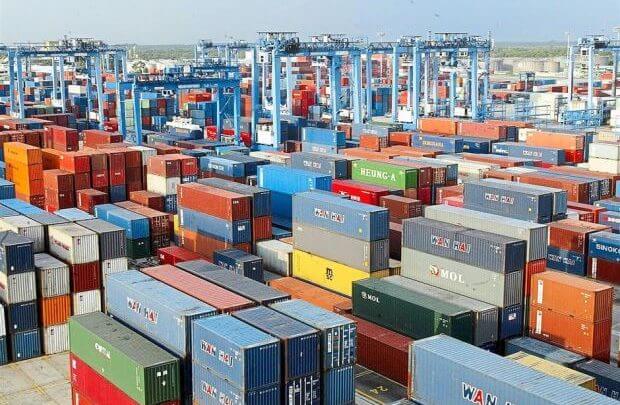
Our Projects are
Transforming African Trade
Quick Contacts
2nd Floor, Fidelity Insurance Centre Waiyaki Way, Westlands

On 1st January 2021 trading under the AfCFTA started Africa. This is a historic milestone for the continent as Africa will really start to trade with Africa.
Currently, the percentage of trade that African countries do with each other is a mere 16 – 18%. The bulk of the continent’s trade is with the rest of the world, and most African exports are in raw materials including extractive commodities like oil, gas and minerals which are vulnerable to market volatility.
Under AfCFTA trading, tariffs on various commodities where rules of origin have been agreed will be drastically reduced and traders of all sizes will have access to a much bigger market than they used to before. Non-tariff barriers (NTBs) to trade will also be addressed and a mechanism for speedy reporting and resolution of NTBs has been put in place (www.tradebarriers.africa). The bigger market will spur producers to upscale and so support increased industrialization and value addition on the continent. More employment opportunities will thus be generated for Africa’s burgeoning youth population.
It has already been demonstrated that to mitigate the Covid-19 pandemic medicines and personal protective equipment need to be produced and moved to where they are needed expeditiously. The AfCFTA will be a tool for mitigation of Covid-19 by allowing free and unhindered trade in health products across the continent.
The Agreement establishing the AfCFTA was signed in March 2018, in Kigali Rwanda, following conclusion of the main legal texts. 54 Member States of the African Union have signed, and 30 countries have deposited their instruments of ratification with the Chairperson of the African Union Commission.
The main objectives of the AfCFTA are to create a single market for goods and services, facilitate the movement of persons, promote industrial development and sustainable and inclusive socio-economic growth, and resolve the issue of multiple membership, in accordance with agenda 2063. It lays a foundation for the establishment, in future, of a Continental Common Market.
Read original article
Disclaimer: The views and opinions expressed in this article are those of the authors and do not necessarily reflect the official policy or position of TradeMark Africa.